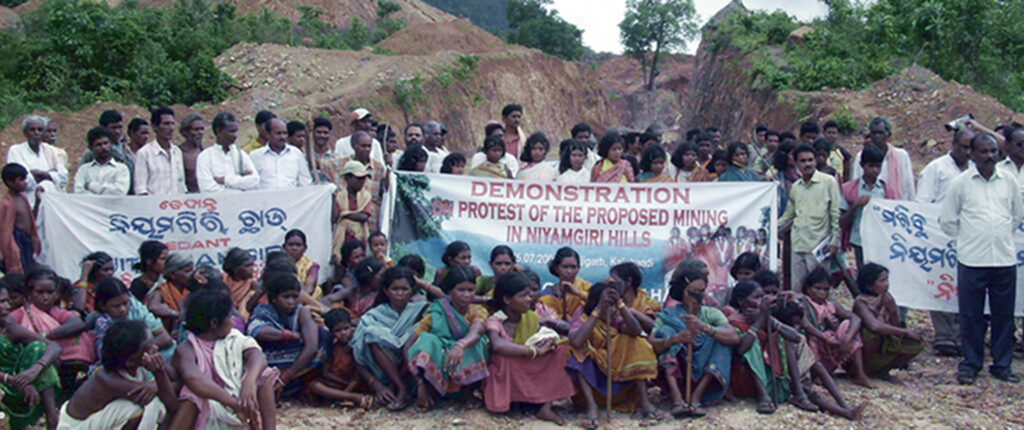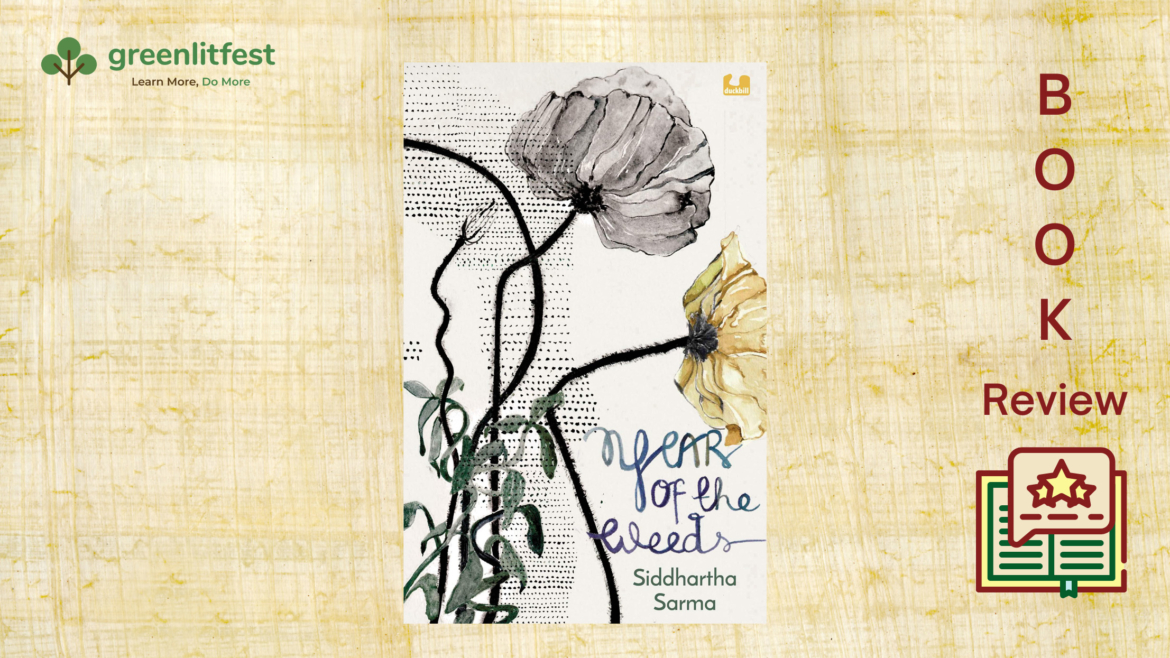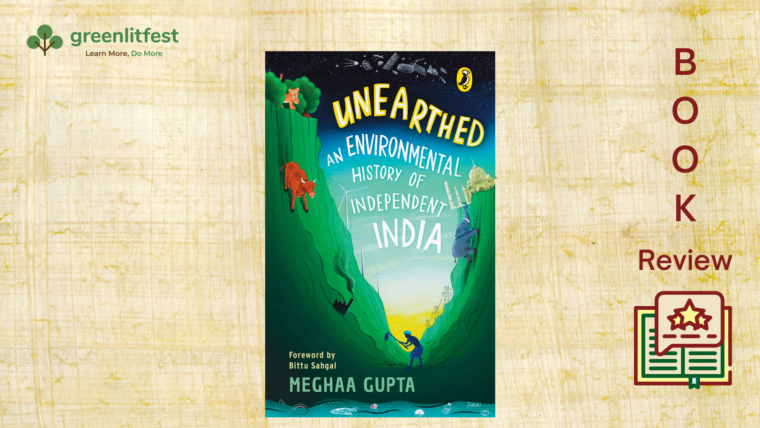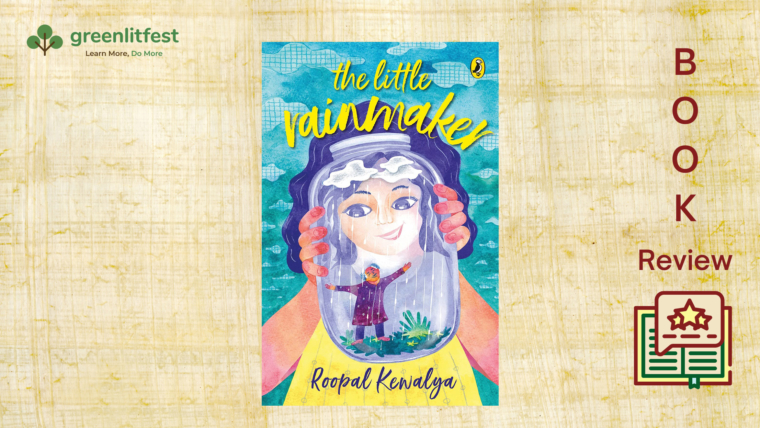Year of the Weeds is a fictionalised account of Korok, a young boy from a Gond village in Odisha, who works as a gardener at a government official’s residence. His mother is dead and all Korok has to remember her by, is a stone placed in the sacred Devi Hill near his village. His father is in jail in Balangir for ‘smuggling’ timber from a reserve forest. The police have not been able to prove the crime. Neither have they found the smuggled timber. Yet, they refuse to release him. Every month or so, his father’s case is presented in court, but the magistrate simply sets another date for hearing it and so, Korok’s father remains in jail. Korok makes regular trips to meet his father, but also, to try and bring back his father’s bicycle that the police won’t let go of. But this agony that could bring the best of us to our knees is a part of life for Korok. Despite his troubles, he has managed to find love within himself for the little garden that he tends. However, Korok’s world is shaken up when the government decides to mine the sacred Devi Hill for bauxite.
Sarma has taken on an aspect of society that is often neglected, misrepresented and marginalised in the mainstream – the tribes, or adivasis. To tell their tale requires building a world that is distant, especially for readers of English fiction in India. Sarma does this convincingly, which may be attributed to his deep knowledge of the Niyamgiri movement in Odisha. The Niyamgiri hills too, faced the threat of a major mining operation at the behest of the government and a private company. Adivasis of the region fought to protect these hills, and if one is familiar with this agitation, one may know how Sarma’s story unfolds.

The story of the Gond village at the heart of Sarma’s narrative is a familiar tale of how seemingly helpless people, become ready scapegoats for official corruption. The little aid they’re entitled to depends on how well-behaved (read – obedient) they are. But here’s where the story stands apart. Rather than relying on some outside saviour – a heroic activist or NRI – the Gonds save themselves. Sarma isn’t narrating a sad story about a village of victims. The Gonds aren’t destitute adivasis and Korok isn’t a mere Gond boy. He has thoughts, interests, questions and a character arc that sparks optimism. For every conniving bureaucrat, greedy company employee and brutish police officer, there are characters like Jadob or Anchita, who care and offer hope. This is a story about finding strength, and understanding that large structural forces aren’t as inescapable as they paint themselves out to be. It takes hard work to confront the mammoth powers of a state hell bent on exerting its will, but resilience and a sense of community can be a foil against the greatest tyranny. The wins may be small, but they help turn weaknesses into strengths.
Sarma’s comprehensive hold over his subject is evident in the details of this story. Intricacies of red-tape, the convoluted judicial process that traps several unconvicted prisoners, the tragic state of public education, the bulldozer-like practices of the private sector, tourist activism, Maoist motivations… Year of the Weeds is a nuanced and multifaceted tale that takes readers through the different elements that constitute structural and social marginalisation. What makes it all ‘flow’ is that Sarma avoids devoting numerous pages to exposition. The layers are peeled back gently without overwhelming the reader. All the while, Sarma builds a beautiful metaphor that compares the ordeals of the Gonds with weeds in the garden. They seem impossible to fight, but with the right strategies and care, they can be conquered. They may come back, but can be defeated again.
Tribes in independent India have often been cast as collateral damage for all nation-building and development projects. Sarma’s book tackles vital questions – development for whom? Who does the word ‘Indian’ apply to? Adivasis have historically been subjected to exclusionary practices – sometimes violent and always dehumanising. Armed with official policies, governments have intruded upon their lands with impunity, and suppressed resistance. So, they continue to be displaced. Their relationship with the earth is being eroded and their cultures are fast disappearing. Year of the Weeds is an essential read to understand this ‘othering’. One may argue that the build-up is slow and it takes time to get to the action in the story. But given the prevalent lack of understanding about the politics of Indian social life, the pacing of the story is understandable. Some stories deserve patience because they are loaded with meaning and offer a bitter dose of much-needed reality without giving in to helplessness and pessimism.
Naina is an avid movie watcher, book reader and reality TV fanatic. She works as an Assistant Producer with a production house in Delhi.
By Naina A



